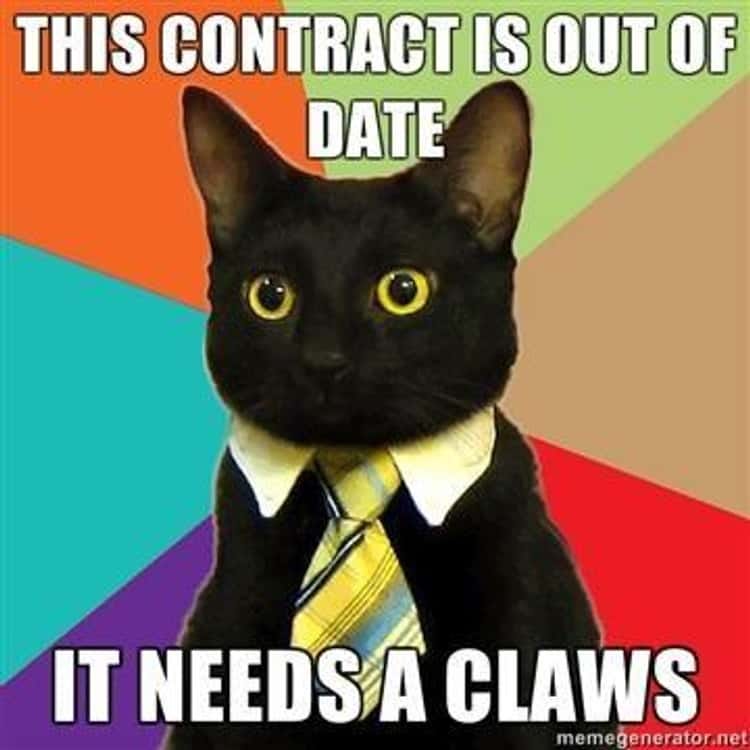✖️NFT Contract Builder V2 & BTS going on a break nearly breaks Hybe
And: Should we treat artist data as personal data?; Most streamed game soundtracks on Spotify; 5 new Grammy categories - best game soundtrack among them; Spotify buys AI voice company
I’ve previously shared that over at Water & Music we’ve built a modular NFT contract template. Now, it’s been updated to include off-chain benefits around merch and access.
“For V2, we’re excited to add contract language to incorporate one of the fastest-growing forms of utility around music NFTs: Off-chain, IRL benefits around merchandise and access. To accomplish this, we collaborated with several lawyers and music-industry professionals in the Water & Music community to study the state of off-chain benefits in the wider music/Web3 market, including in-depth analysis of existing user agreements and terms of service. The result is a new set of contract language to cover these benefits — much of which we had to draft from scratch, given how nascent the landscape still is.”
It’s incredible how much thinking, writing, and collaborating goes into this and shows both how NFTs offer something vastly different to the music industry than previous technologies did. Moreover, as the law keeps lagging behind technological developments, this modular contract is a way to bring those two roads together. The crew involved in the creation of this keeps on pushing the boundaries while they keep experimenting and educating.
📖 Read the - freely available - article about how the latest version came together here.
🏗️ Use the Contract Builder tool here.
🔬 Take a look at the GitHub if you want to incorporate the tool in your own project.
The other thing I’d like to write about is the fact that BTS is going on a break. The biggest band on Earth are pointedly not splitting up, but will pursue solo careers and each member will take time for themselves. What I find interesting is the direct financial impact on Hybe, the agency behind the band. The company lost around a quarter of their value upon the breaking of the news. Of course, this is directly related to the fact that BTS drives most of Hybe earnings. If the band doesn’t tour, there’s hardly any revenues. This kind of agency or label dependency on a single big artist isn’t uncommon. Dan Runcie, of Trapital, explained this in relation to hip hop:
“Most hip-hop record labels struggle to transition from one flagship artist to another. Despite Dame Dash’s best efforts, Roc-a-Fella didn’t outlast Jay Z’s run. Murder Inc didn’t survive past Ja Rule. Death Row’s implosion after Tupac Shakur’s death has been well-documented. The list goes on. This transition is even harder now when there is more power than ever individual artist-driven brands.”
The difference with those labels and Hybe is that they’re not public companies. Investors can be ruthless and especially with the current market conditions risk is mostly off the table. So even though Hybe has a great vision of the future of music consumption, and is now looking to bring the solo careers of the most popular band alive to market, that’s suddenly not enough to find that all important thing - trust.
LINKS
🎮 What Are the Most Streamed Game Soundtracks on Spotify? (Ashley King)
“Minecraft might not immediately come to mind when someone mentions video game soundtracks, but its melodic, relaxing tracks make it an obvious choice, given Minecraft‘s immense popularity. Perhaps the biggest surprise is Ori and the Blind Forest, an indie game not nearly as well-known as Undertale but, as data shows, a beloved title in the independent games sphere nonetheless.”
💾 Music Data Ownership: Should We Treat Artist Data as Personal Data? (Dmitry Pastukhov)
“If we follow that logic, most of the time, music identifiers should be considered indirectly identifiable data. Thus, it should be treated the same way as private user data: data controllers must provide artists and songwriters with a clear definition of how their identifiable data would be used, which third parties it will be shared with, etc. — while also offering a clear opt-out and "right to be forgotten" options.”
🎶 The Grammys add 5 more categories, making it easier than ever to EGOT (Sydney Bucksbaum)
It’s not minor categories either, including Songwriter of the Year and Best Score Soundtrack for Video Games.
🌑 Sonantic joins Spotify to continue building the future of AI voice (Zeena Qureshi and John Flynn)
You can let your imagination run wild with this one. What will Spotify do? Create an intro by your favourite artist to your favourite playlist? Get audiobooks read to you in the voice of your favourite actor?
🏓 The Future Of The Music Industry: Artists Eye Ancillary Income (Anto Dotcom)
“Destroyed fandom can create cavities in a genre’s organism, ultimately leading to its downfall or stagnation as a style. While we have seen a resurgence of independent artistry distributing music independently and never seeking out label representation, today’s recording artists need to eke out every extra dollar they can get from their creativity to stay relevant. Fandom, identity, recreation, engagement and connection are an artist’s basic needs, but the center—consumption—forcefully flows through to streaming services and dilutes the cultural capital, costing more to produce than it earns the artist.”
MUSIC
I’ve been listening to this mix by Sound of Fractures a lot. It captures a wonderful mood for me - one of expectancy and a drive towards new discoveries or lands as yet unexplored. Whenever I need a moment to switch my head elsewhere, this mix is there to take me away and open some doors.




